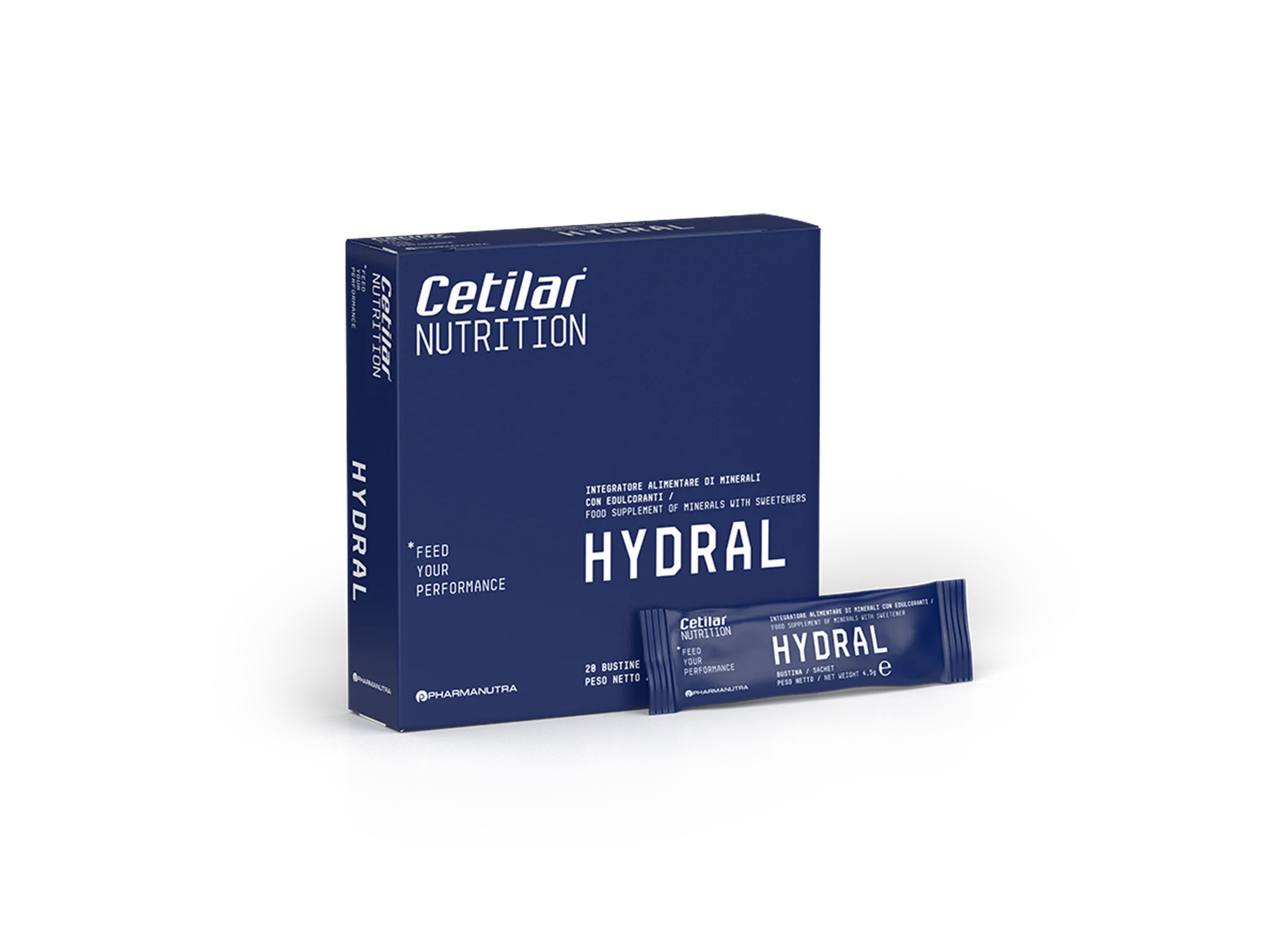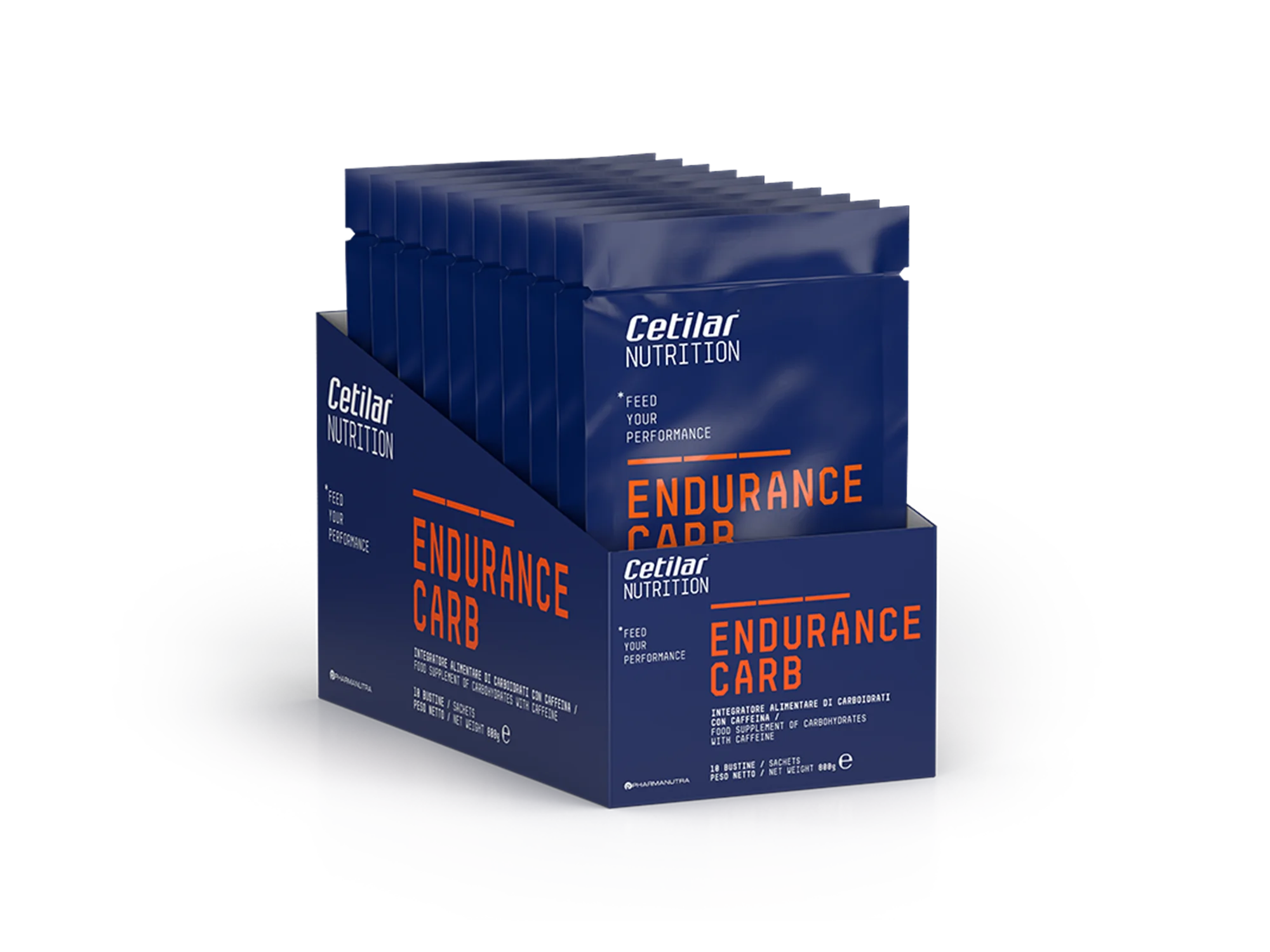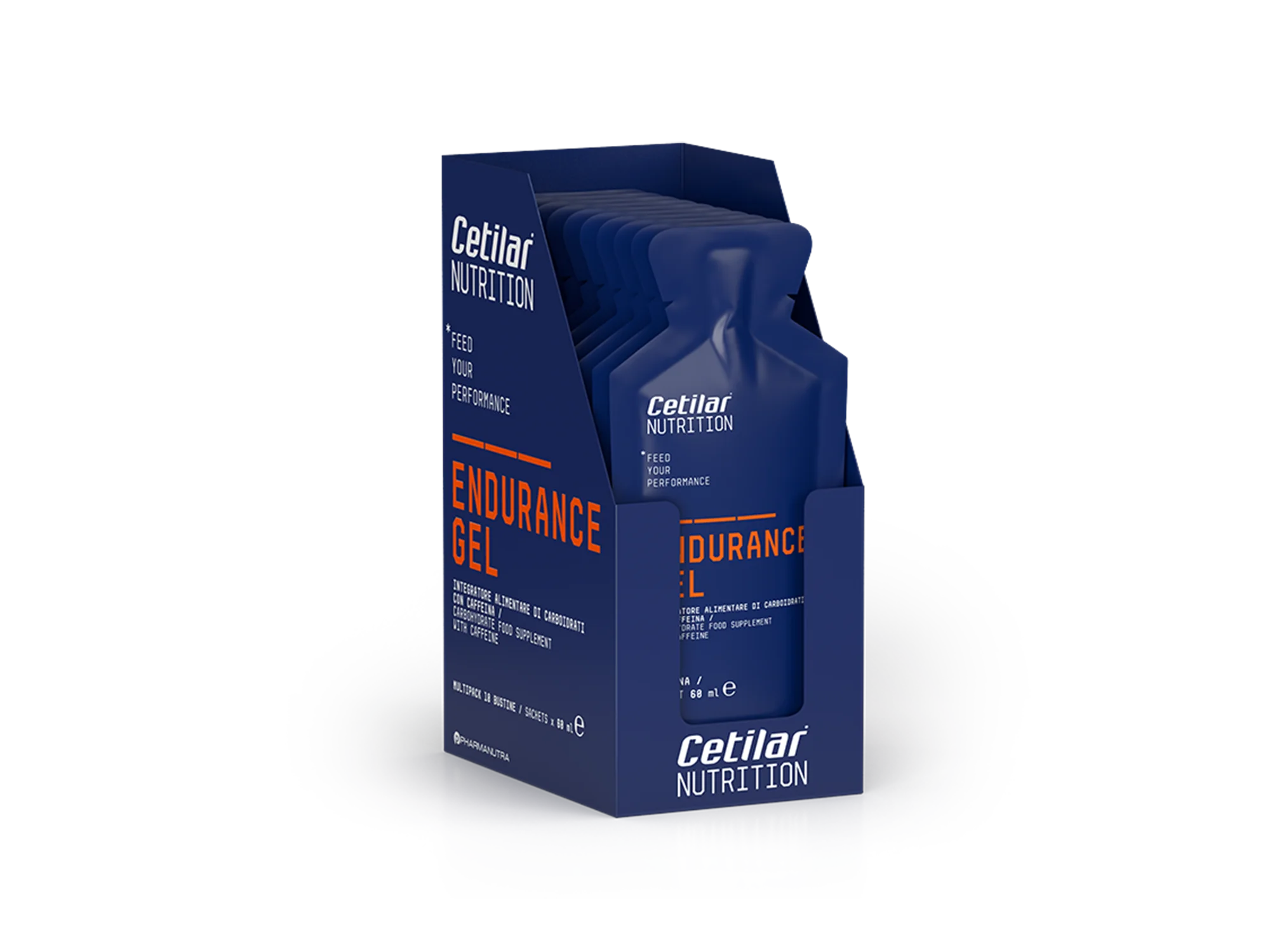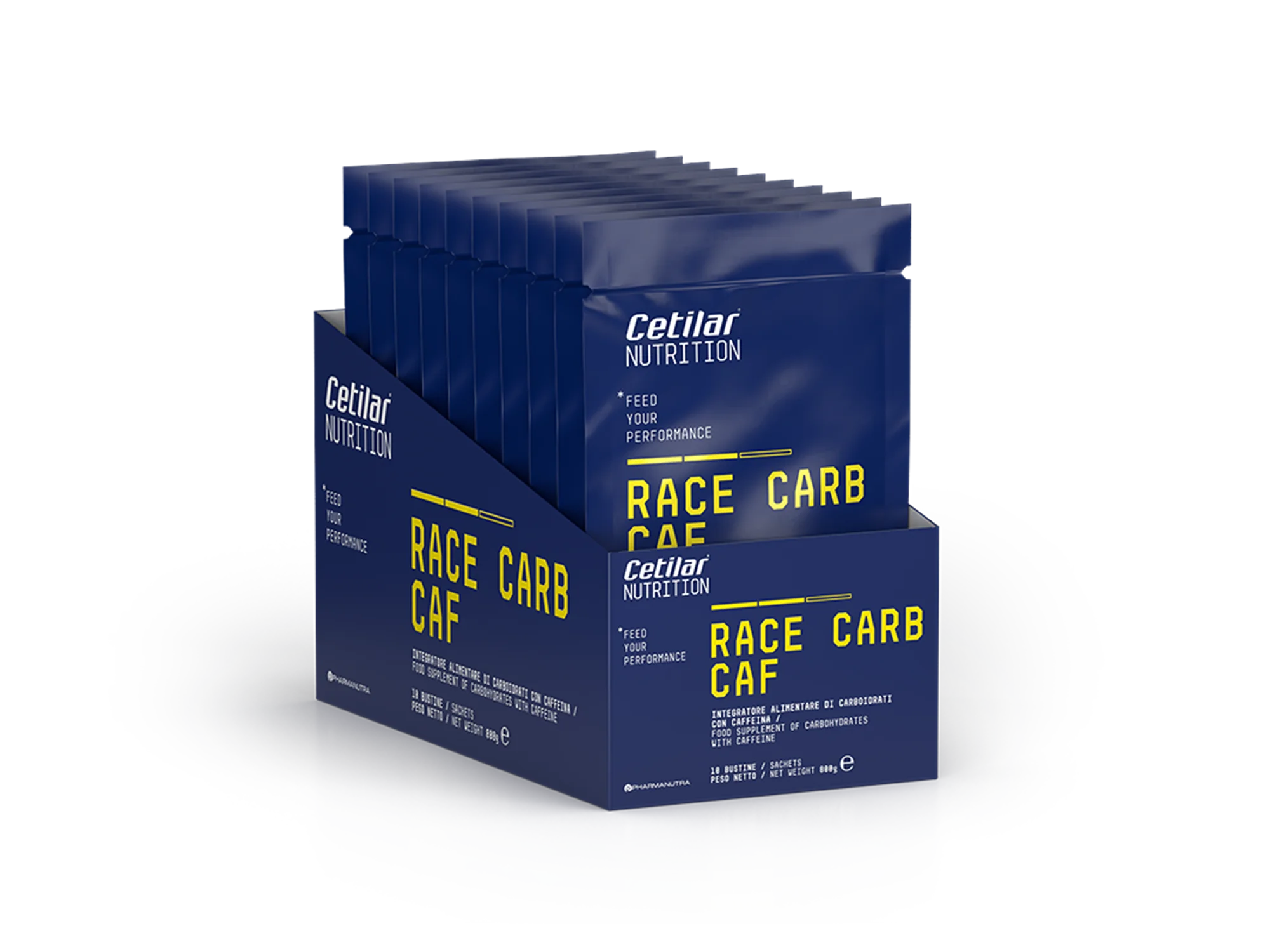Nutrition for team sports: strategies for optimum performance

Good nutrition for people involved in sport is vital to ensure improved performance on the field. This also applies to people who play team sports: The right energy and nutritional needs can only be met by following a healthy and balanced diet. Correct nutrition in team sports must, first and foremost, be balanced and contain foods that are rich in every nutrient needed to ensure the body stays healthy.
In a balanced diet, nutrients should be distributed as follows:
- Carbohydrate: 55-60%.
- Protein foods, whether of plant or animal origin: 15%.
- Lipids: 25-30%.
This is why sporting activity and understanding between team members are not enough to maximize performance: a specific nutritional strategy is also required, based on the team’s objectives and their needs.
Tips for correct sports nutrition in team sports to ensure optimum performance
Correct sports nutrition is crucial for the physical well-being of an athlete, and therefore the team as a whole, regardless of whether it is amateur or professional. Only sports nutrition calibrated to the needs of both the team and each individual athlete will be effective and have a positive effect on training and during competitions.
The diet to follow must therefore balance the various food groups, varying the sources of both proteins and carbohydrates. In particular, these must be derived mainly from cereals, tubers and pulses, and in smaller amounts from simple sugars such as jam or sweets.
As regards protein foods, the advice is to vary both plant and animal sources, alternating between white and red meat, oily fish rich in Omega-3, eggs and pulses. Finally, lipids also play a very important role in the health of athletes, as they are essential for providing energy, protecting vital organs and transporting vitamins. Lipids are found in oils and some fatty foods such as avocado.
Another aspect not to be underestimated in sports nutrition for team sports is what to eat before and after workouts. Before physical activity, the advice is to eat a light snack, such as fruit, low-fat yoghurt or a smoothie; while sports nutrition after physical activity must be more substantial because it is intended to restore glycogen supplies. This is why during recovery it is advisable to consume mostly carbohydrates, due to their energy availability, but also proteins, which are indispensable both for repairing tiny muscle damages and to prevent the loss of muscle mass.
In this regard, one of the factors that determines the strengthening and growth of muscle mass is the recovery phase. Particular care must be taken to ensure the muscular recovery of athletes, regardless of the sport they are involved in. Therefore, in addition to physical rest, nutrition also plays a part in supporting the recovery of the muscles after they have been subjected to any degree of strain.
Post-workout food supplements like Recovery Pro are effective in promoting fast and optimum muscle recovery. With its complete formulation, based on whey protein isolate and carbohydrates, with the addition of Sucrosomial® iron and zinc, leucine and HMB, Recovery Pro contributes to the well-being of bones and muscle mass, normal cognitive function and normal function of the immune system, as well as protecting cells from oxidative stress.
The importance of hydration in maintaining high sports performance
It is also advisable in sports nutrition to pay particular attention to hydration: it is important to drink at least two litres of water a day, or more if intense training or competitions are scheduled during the day. In these cases, the mantra to follow is to drink water before, during and after training, in order to replenish mineral salts, promote thermal regulation and facilitate the removal of waste.
It is also important to remember that the perception of thirst may be insufficient to satisfy the actual need for liquids lost through sweating, which is why it is best to drink more than you think you need. Excess fluids are easily eliminated with urine and sweat, while fluid deficits cause a significant decline in sports performance.
To avoid the risk of being caught off guard by a loss of energy and cramps due to an intense loss of fluids, both during and after physical activity it is useful to keep mineral salt supplements on hand, such as Hydrate Fast, a practical pre-dosed soluble powder stick based on sodium and magnesium, with a pleasant citrus flavour, which, once dissolved in water, produces an instant hypotonic drink that helps keep sports performance high. Hydrate Fast can also be used in combination with Race Carb Caf or Ultrace Carb to make a super energizing and rehydrating sports drink.
Important: avoid alcohol as, in addition to causing dehydration, after physical activity it also prevents the secretion of hormones which contribute to repairing the micro-tears in the muscle mass resulting from training. Consequently, consuming alcohol prolongs muscle soreness and therefore the latency period required for muscle mass to heal completely.



